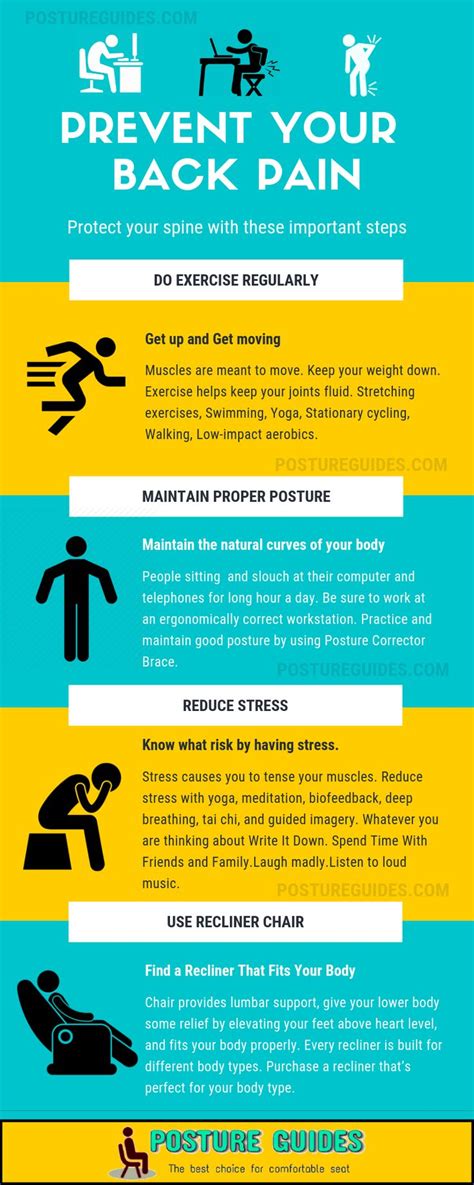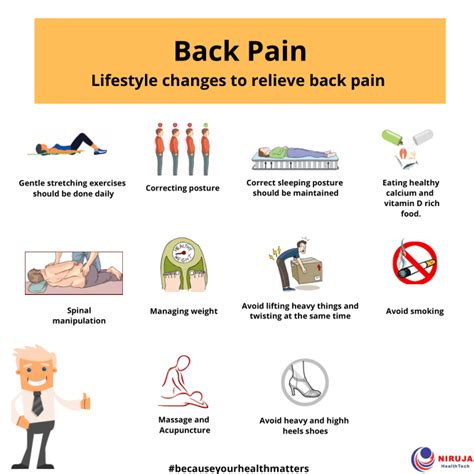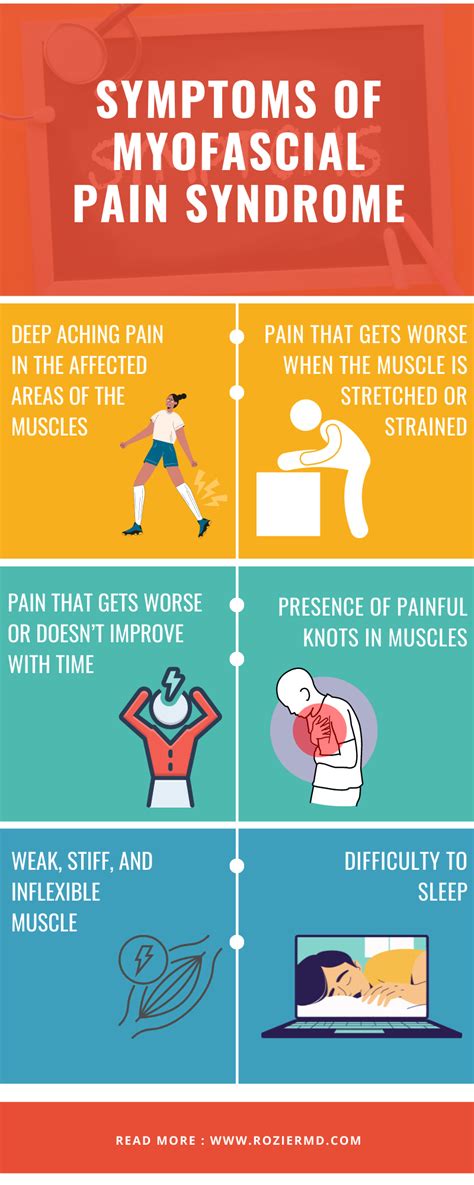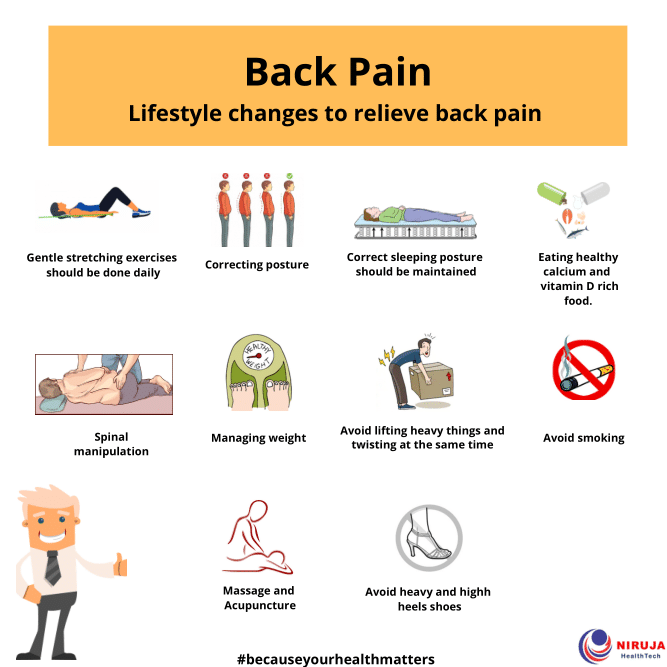Chronic pain affects millions worldwide, significantly impacting daily life and overall well-being. Managing this persistent discomfort often requires more than medical treatments; lifestyle modifications can play a crucial role in alleviating symptoms and improving quality of life. In this article, we will delve into the relationship between chronic pain and various lifestyle factors, highlighting how everyday choices and habits can either exacerbate or ease pain. We will explore the importance of making thoughtful lifestyle changes and provide practical strategies for integrating these modifications into daily routines. By embracing these approaches, individuals can gain better control over their chronic pain and e
Join tirfblog.com for a detailed examination of this topic.
1. Introduction
Chronic pain is a widespread issue affecting millions of people, often significantly disrupting their daily lives and overall well-being. Unlike acute pain, which serves as a warning signal of injury or illness, chronic pain continues long after the initial cause has healed, creating ongoing difficulties for those affected. While medical treatments and therapies are essential for managing chronic pain, lifestyle changes can significantly enhance their effectiveness and improve quality of life. This article delves into how various lifestyle factors contribute to chronic pain and emphasizes the importance of making intentional changes to daily routines. By understanding and addressing these lifestyle influences, individuals can implement practical strategies to better manage their chronic pain and experience a noticeable improvement in their overall health.

2. Understanding Chronic Pain
Chronic pain is a persistent discomfort that lasts for more than three to six months, exceeding the typical healing period for an injury or illness. Unlike acute pain, which acts as an alert and usually subsides as the body recovers, chronic pain often persists without a clear origin or resolution. This type of pain can stem from various conditions, such as arthritis, fibromyalgia, and nerve damage, and may linger even after the underlying condition is treated. Chronic pain can significantly impact multiple aspects of life, including physical function, emotional well-being, and overall quality of life. It frequently manifests alongside other symptoms, such as fatigue, sleep disturbances, and mood changes. Comprehending the nature of chronic pain is vital for developing effective management strategies. Recognizing its multifaceted impact aids in identifying how lifestyle modifications can be implemented to alleviate symptoms and enhance daily functioning.

3. Lifestyle Factors Contributing to Chronic Pain
Chronic pain can be significantly influenced by lifestyle choices. A sedentary lifestyle, for example, can weaken muscles and lead to poor posture, contributing to back pain, joint problems, and overall discomfort. Poor dietary habits, such as consuming excessive processed foods and neglecting anti-inflammatory fruits and vegetables, can also exacerbate pain by increasing inflammation in the body. Stress and mental health issues, such as anxiety and depression, are closely linked to chronic pain as they can heighten pain sensitivity and reduce pain tolerance. Furthermore, inadequate sleep disrupts the body’s natural healing processes and can intensify pain perception. Smoking and excessive alcohol consumption further complicate pain management by hindering circulation and exacerbating inflammation. By addressing these lifestyle factors, individuals can reduce their chronic pain and improve their overall health. Understanding the connection between lifestyle and chronic pain is crucial for developing effective pain management strategies.

4. Importance of Lifestyle Modifications
Lifestyle changes are essential for managing chronic pain because they tackle the underlying causes and factors that exacerbate symptoms. Unlike medications, which primarily target the pain itself, lifestyle modifications promote overall health and well-being, potentially offering lasting relief. For instance, regular physical activity strengthens muscles, improves flexibility, and reduces strain on joints, alleviating discomfort. A balanced diet rich in anti-inflammatory foods can help control systemic inflammation. Stress reduction techniques, like mindfulness and relaxation exercises, lower pain sensitivity and boost emotional resilience. Quality sleep is vital for the body’s recovery processes, and good sleep hygiene can significantly impact pain levels. By incorporating these modifications into daily life, individuals can create a more supportive environment for pain management and potentially decrease their reliance on medications. Embracing these changes not only aids in controlling pain but also enhances overall health.
5. Strategies for Managing Chronic Pain through Lifestyle Changes
Managing chronic pain through lifestyle changes involves several practical strategies to reduce discomfort and enhance overall well-being. One of the most effective approaches is incorporating regular physical activity. Exercises like swimming, walking, and yoga can improve flexibility, strengthen muscles, and reduce pain. It’s important to start slowly and gradually increase intensity to avoid exacerbating symptoms. A balanced diet rich in anti-inflammatory foods, such as leafy greens, fatty fish, and nuts, can help manage inflammation and support overall health. Hydration also plays a key role, so drinking plenty of water is essential.
Stress management techniques like deep breathing, meditation, and progressive muscle relaxation can ease pain sensitivity and boost emotional well-being. Prioritizing good sleep hygiene, such as sticking to a regular sleep schedule and creating a calm sleep environment, can improve sleep quality and help manage pain. Furthermore, avoiding smoking and limiting alcohol intake can reduce inflammation and contribute to overall health improvement. By incorporating these strategies into daily routines, individuals can empower themselves to take control of their chronic pain, leading to better management and an enhanced quality of life.
tirfblog.com

